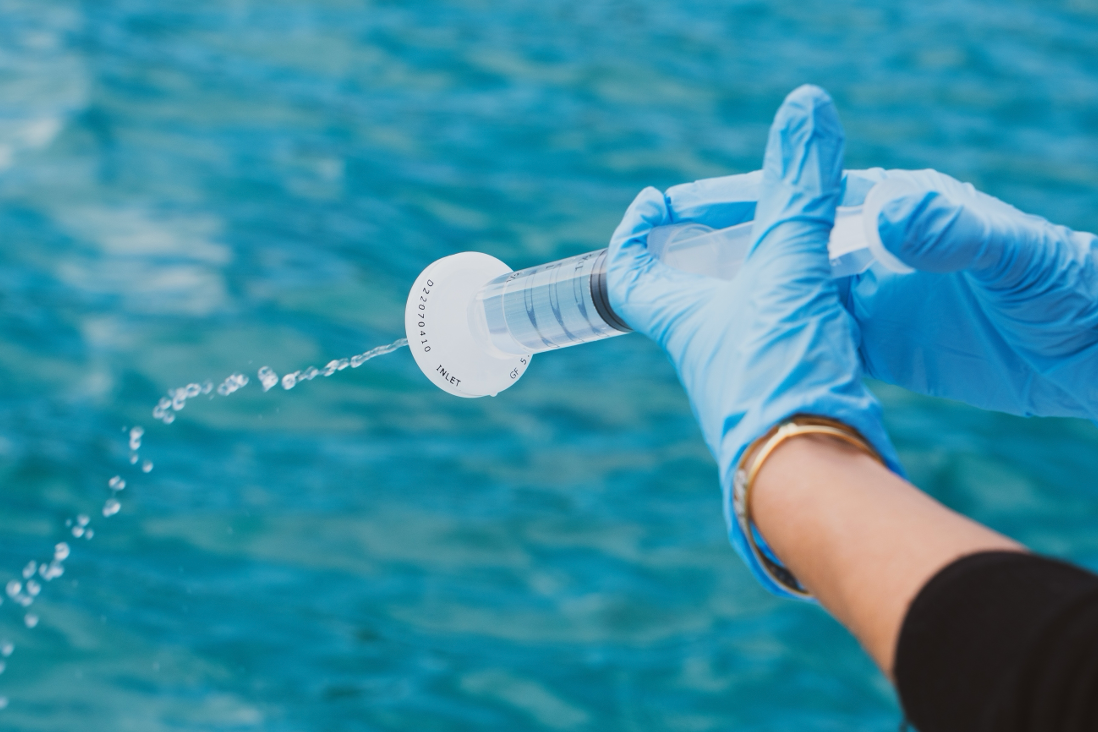

The Solutions Explorer lets you create alerts that match your needs. You can create several alerts and you will receive a notification each time a new Solar Impulse Efficient Solutions is labelled and matches your filters.
Your Search Alerts will show up here.
Sign in to create alerts for your filters and search terms.
Sign inDon't have an account?
Sign upAccess exclusive opportunities for Investor Members Only
The Investment Hub is a platform by the Solar Impulse Foundation that connects innovators with investors to fund scalable and sustainable solutions. Through tailored matchmaking, e-pitches, and a collaborative digital environment, it helps drive impactful innovation forward.
Sign in to explore a world of dynamic and high-potential investment opportunities.
Sign inDon't have an account?
Sign upJuly 1, 2024
EDF Renewables (in collaboration with Natural Power)
Blyth

EDF Renewables, Natural Power, and NatureMetrics pioneered the first comprehensive validation of eDNA technology for offshore wind farm environmental impact assessments. This groundbreaking 18-month study at EDF's Blyth Offshore Demonstrator compared eDNA sampling with traditional trawling methods across four seasonal surveys. The project addresses critical industry challenges as the UK targets 50 GW offshore wind capacity by 2030. eDNA technology enables safer, faster, and more comprehensive marine biodiversity monitoring, accessing previously unreachable areas within turbine arrays while dramatically reducing costs and environmental impact compared to conventional methods.
Environmental: Detected 70% more fish species than traditional trawling (54 vs 26), plus marine mammals and seabirds from single samples. First detailed species data within turbine arrays, supporting artificial reef hypothesis. Non-invasive sampling protects marine life. Economic: 40% reduction in vessel time, 67% reduction in personnel resources, enhanced survey windows, reduced weather delays, streamlined permitting processes for renewable energy development.
eDNA enables data on species and ecosystems to be generated at unprecedented scales using DNA traces that organisms leave behind in the environment, especially in water. A simple kit is used to filter water from lakes, rivers or oceans, capturing the DNA traces the filter membrane, which is sent to a laboratory for analysis. In the lab, the DNA is sequenced and sequences are compared against a reference library to identify the species they came from. A single sample of just a litre of water can reveal hundreds of species, ranging from bacteria to blue whales and including both species that live in the water and those living on land nearby. The ease of sampling enables biodiversity to be surveyed in more places, more often, and by a wider range of stakeholders, providing the evidence-base for effective conservation, impact mitigation and restoration of our natural resources.
Share
The information set out above, is solely for the purposes of information and the Solar Impulse Foundation does not provide any guarantee as to its authenticity, completeness or accuracy. This information does not constitute investment advice or a recommendation to buy into, transact or to enter into any agreement with any of the parties or persons mentioned above. Potential investors or interested parties are solely responsible for their investment or business decisions and for performing any due diligence required by the circumstances. The innovator has asserted ownership of the intellectual property rights for images, videos, and content showcased above, affirming full and unrestricted usage rights, and has provided explicit permission for the Solar Impulse Foundation to publish such information designated as "public" in the application form.